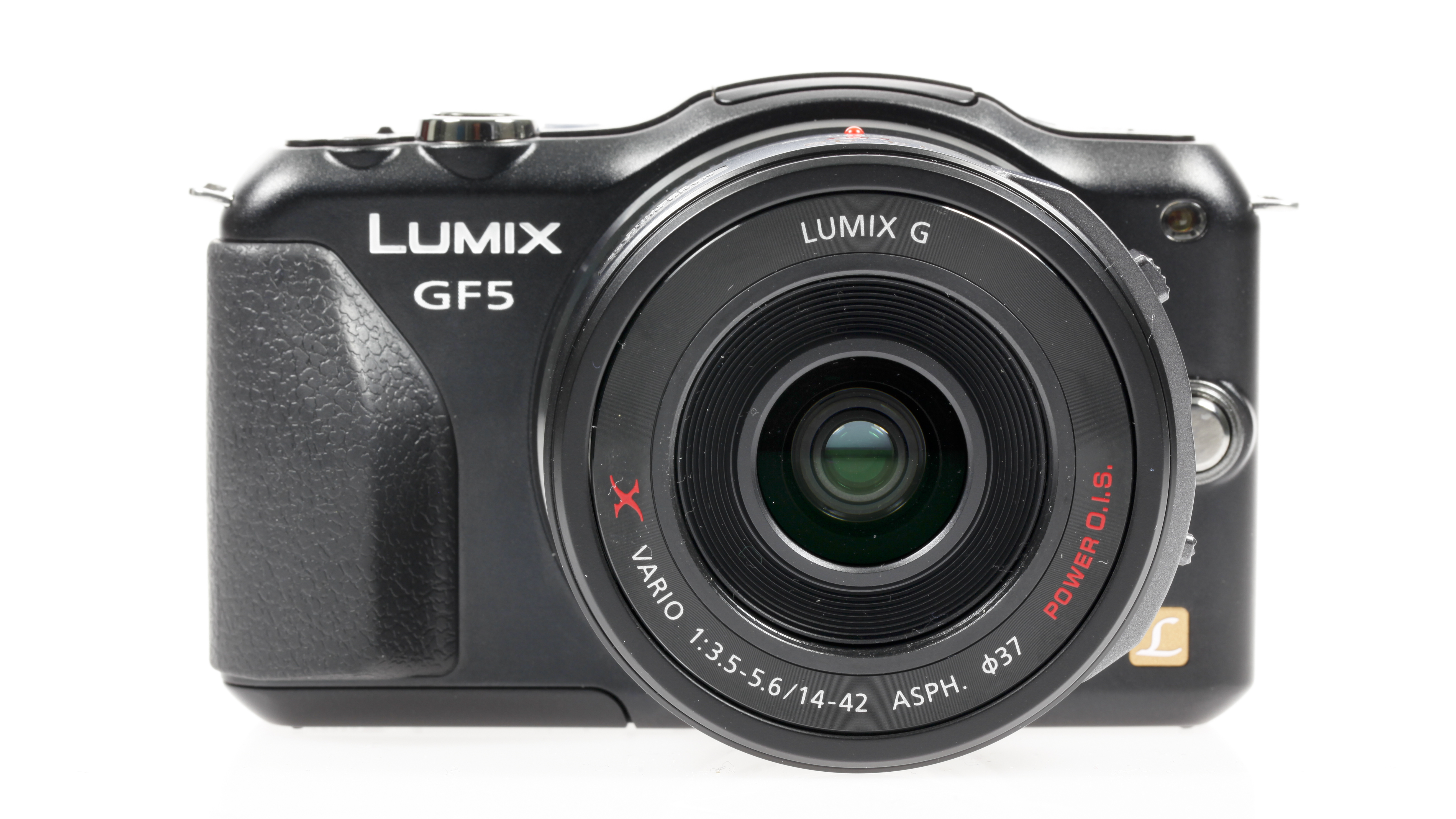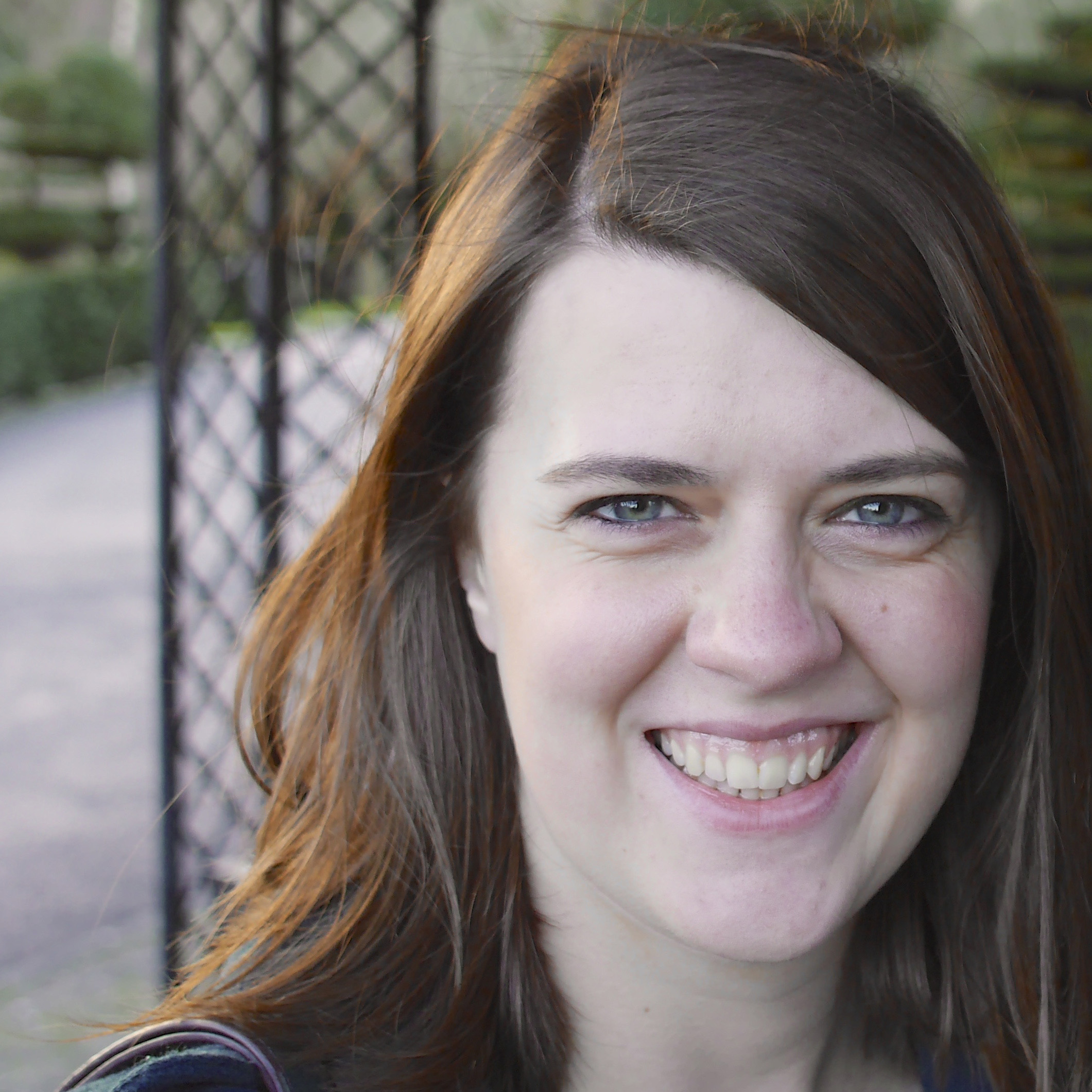Why you can trust TechRadar
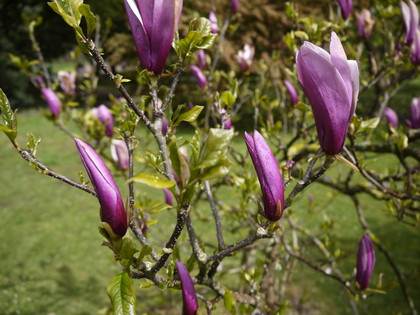
Click here to see the full resolution image
Colours are well represented from the Panasonic GF5, with lots of vibrancy and pop without being overly saturated.
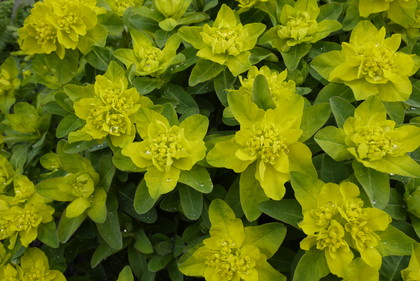
Click here to see the full resolution image
Plenty of detail is captured by the Panasonic Lumix GF5's sensor, while edge-to-edge sharpness is really very good, especially when shooting at narrow apertures.
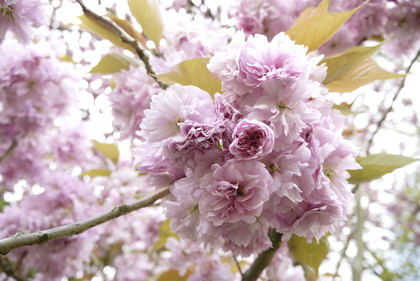
Click here to see the full resolution image
Even when shooting in a bright backlit condition such as this, the Panasonic GF5's evaluative metering system seems to have done a good job of producing the correct exposure.
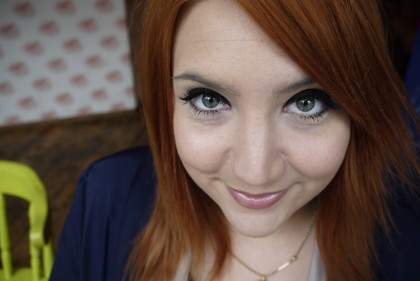
Click here to see the full resolution image
Portraits are a good subject to tackle with the Panasonic GF5, thanks to its creative depth of field effects. Here, colours have been rendered very accurately.
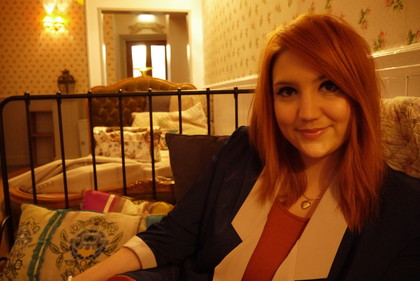
Click here to see the full resolution image
This image shows the overly warm tones the camera tends to favour when shooting under artificial light in Auto White Balance.
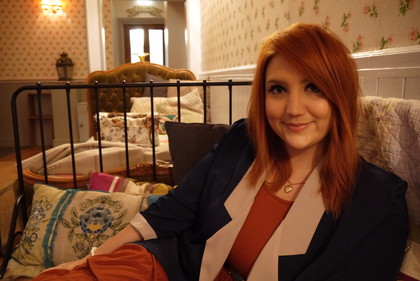
Click here to see the full resolution image
In this image, the Incandescent White Balance setting has been selected, producing a much more accurate colour.
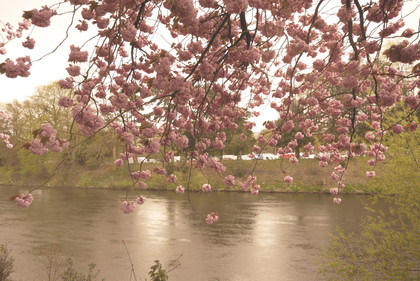
Click here to see the full resolution image
Several different filters can be selected when shooting in Creative Control mode - this is an example of the Retro setting.
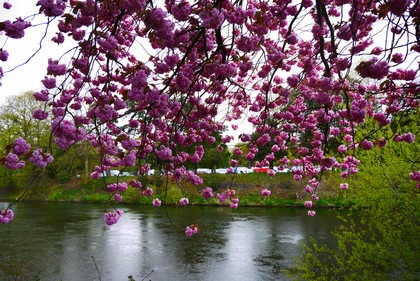
Click here to see the full resolution image
The Expressive setting boosts contrast and saturation to produce a bold effect.
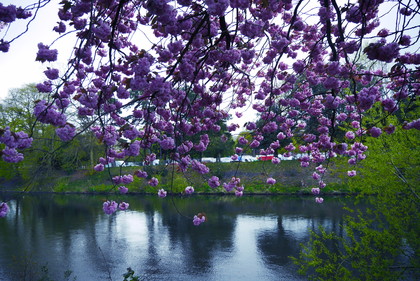
Click here to see the full resolution image
The Cross Process setting can be customised in several different ways, including the colour it chooses to emphasise. This shot is taken with blue as the emphasis colour.
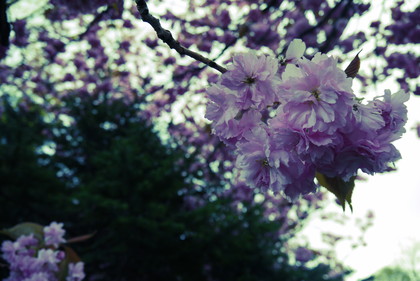
Click here to see the full resolution image
Here the Cross Process emphasis has been given to green, and gives a more traditional cross processing feel. This can be directly compared with the Olympus Cross Process filter, which produces a stronger, less subtle effect.
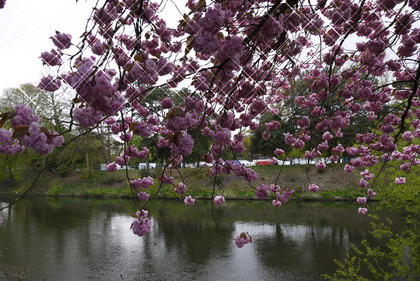
Click here to see the full resolution image
The Star effects picks up highlights in the image to add a fake starlight effect. It won't be to everyone's tastes, but can be quite fun when used in the right situation.
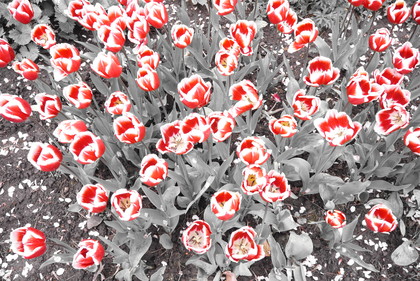
Click here to see the full resolution image
Selective colour mode enables you to highlight just one colour in a scene, while the rest are converted to monochrome. You can alter the accuracy of the setting. Here only red has been chosen.
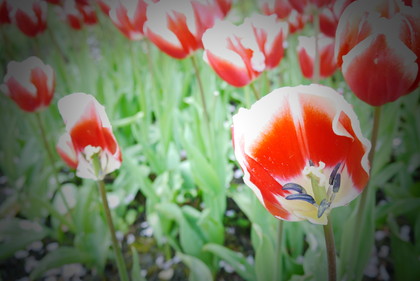
Click here to see the full resolution image
The Toy Camera effect adds a vignette and saturates the colours to give the impression of a cheap toy camera.

Click here to see the full resolution image
Miniature mode attempts to recreate the effect of using a tilt-shift lens by blurring the top and bottom of a frame. You can move the in-focus area around, and it works best when shooting from a high angle.
Amy has been writing about cameras, photography and associated tech since 2009. Amy was once part of the photography testing team for Future Publishing working across TechRadar, Digital Camera, PhotoPlus, N Photo and Photography Week. For her photography, she has won awards and has been exhibited. She often partakes in unusual projects - including one intense year where she used a different camera every single day. Amy is currently the Features Editor at Amateur Photographer magazine, and in her increasingly little spare time works across a number of high-profile publications including Wired, Stuff, Digital Camera World, Expert Reviews, and just a little off-tangent, PetsRadar.
